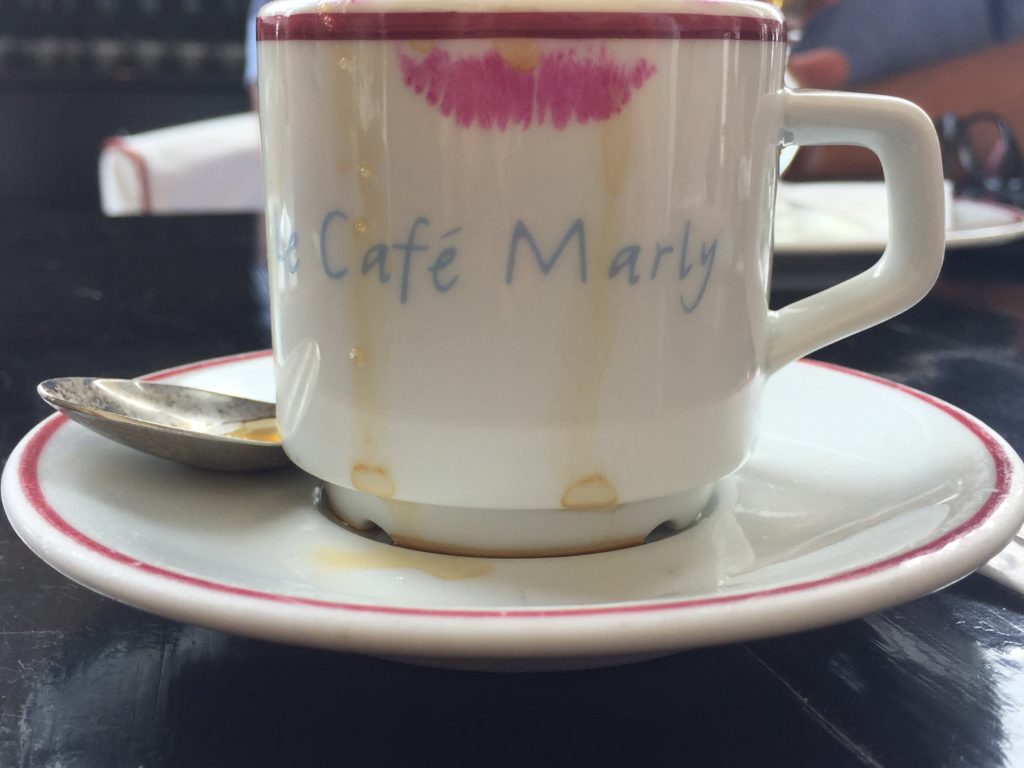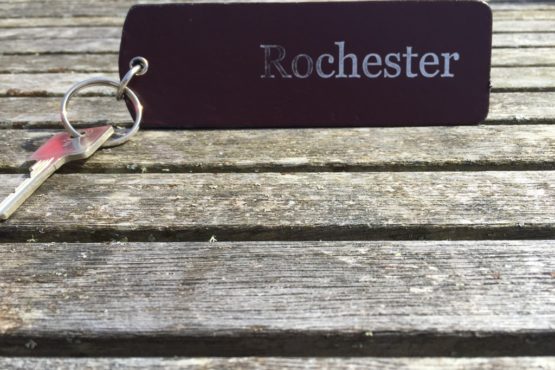Starting the Search

Regardless if you’re an aspiring or seasoned writer you’ve heard of or read about the benefits of using a journal(s). The advantages of a healthy journaling practice, according to the prolific journaler, are unlimited. For the author, it’s a haven, a catch-all, the place to jot unexplainable thoughts in, capture scenes that play themselves out in dreams, your observations of people found on trains and coffee shops, love letters to lost lovers, and your ideas for stories and future novels.
Deciding you want to keep a diary is the first step, the next is pushing through your apprehension that comes from another writing responsibility.
- What will you write?
- Can you commit to the demand of the daily rite to write?
- Why bother having a journal if you’re already struggling to reach your day-to-day word count?
- If you write in a notebook every day how will it benefit you?
The internal debate will rage for hours, days, even months. If you’re like me, you’ll buy several journals, fill up the first ten pages and then stop. Later you’ll buy a Parker Starlight Ball Point pen and a package of multi-colored Sharpies, fill another twenty pages and stop once again. The following year you’ll recommit to your desire to maintain a writer’s journal but never quite succeed because you haven’t asked yourself why you want to keep a diary.
“I write entirely to find out what I’m thinking, what I’m looking at, what I see, and what it means” (Joan Didion, Why I Write, From the New York Times Book Review 5 December 1976).
After reading Ms. Didion’s essay, you might say, Yes! Now I know why I want to keep a diary.
Or you might groan at the idea of committing to such deep contemplation. Maybe you’ll recall what you learned in a writing workshop or read online regarding the usefulness of having individual notebooks for the respective subjects you want to explore. Can you see yourself filling up several spiral binders, each with a unique theme?
- Ideal Journal
- Character Journal
- First Lines Journal
- Dream Journal
- Dear Diary Secret Thoughts Journal
- The Story Notebook
The laundry list of reasons to keep a notebook, as is what to scribe in your diary, are infinite. Journals help the writer tie the pieces of their fragmented thoughts together, but tracking down the perfect journal isn’t as simple as picking up a Moleskin.
It’s a complicated process.
I knew the conventional college-ruled notebook would not do the job. I wanted a robust on-the-go tool to organize the chaos in my writer’s mind. I saw the value of using several journals but dealing with the paper variety would be unwieldy, pricey, and they didn’t provide the structure I wanted. When I considered my immediate needs, the ability to manage my to-do list, research, my submissions, writer how-to’s, blog ideas, letters, and everything else in my writer’s kitchen sink, there was one only option: the digital journal.
In MS’ OneNote I found my way to diary, journal, notebook, Nirvana.
OneNote allows you to create multiple notebooks and within each unique book, set-up endless sections. You can color code and tag content, add date reminders, assign priorities, password protect some or all pages, and so on.
Journal Possibilities
- You can manage your blog posts
- Character profiles
- Log your Tweets,
- Stories in motion,
- Ideas,
- Use as a picture journal you want to revisit later for story
- Blog fodder
- Links to resources ,
- First sentences that come to you when you’re in line at your favorite barista waiting for a Mocha.
It’s uses are limitless, simple to use, and best of all, accessible from anywhere. I have a section in my writer’s notebook entitled: Writing Junk Drawer. It’s a cornucopia of miscellaneous reference materials: nose shape descriptions, skin colors, editing tips, a Pantone guide, a wine wheel of flavor, links to obscure websites, writing tips from fellow authors, Gibb’s Rules (NCIS), etc.
There are several fantastic digital notebooks out there just waiting to declutter you writer’s mind. You will need to research to decide which is best for you. I’ve heard good things about Evernote but you’ll need to explore. The upside to digital notebooks is their portability and they do not require a Master’s Degree in Technology. The setup is a breeze.
My love affair with the traditional journal and my Parker Starlight pen continues to burn bright despite my appreciation of the digital variety. We three work in simpatico.
I am taking part in The Write Tribe Festival of Words #6

6 Comments
Aesha Shah
I maintain a dailym journal since I was 8 . But after motherhood I satrted blogging and i am enjoying that too. as I get a chance to share it with other parents.
Brenda
In a way, blogging is the same. I think of my blog as one of my journals.
Sreedeep
I have a scribbling pad which I use to pen my raw thoughts. It has come in handy though I have, at times, thought about having a digital journal. Good to read this piece, Brenda!
Brenda
It’s a personal choice. Screedeep.
Sheethalsusan
I used to maintain journals religiously from age 10 to college. hen blogging happened. But even now, I have a journal where I pen down often. For me writing by hand is therapeutic.
Brenda
I envy your commitment to the journal.